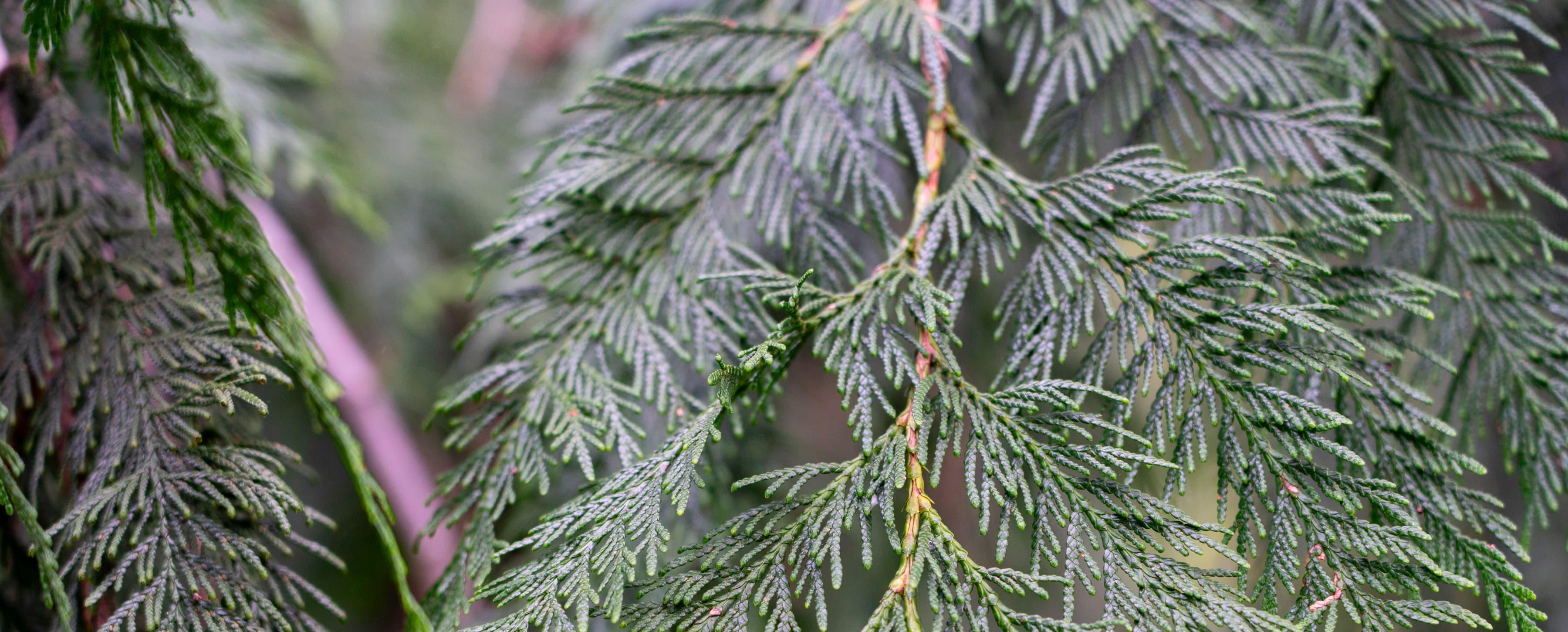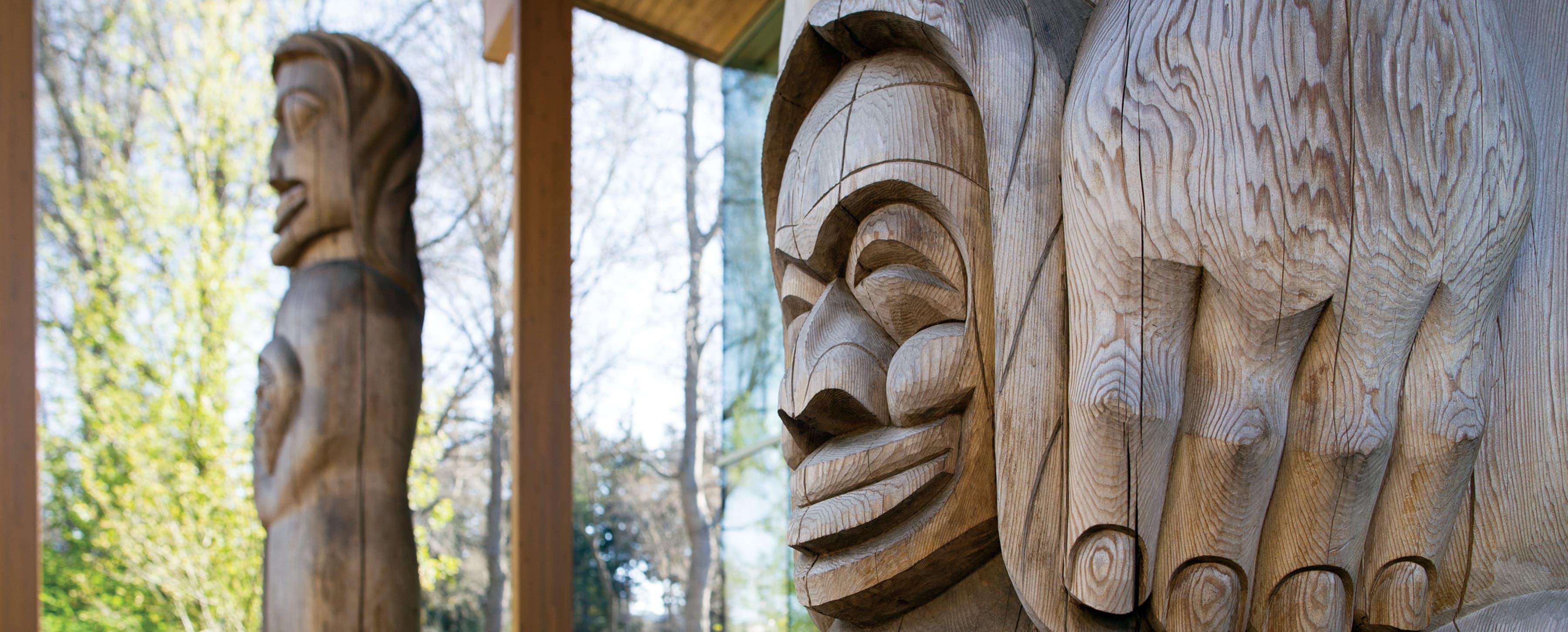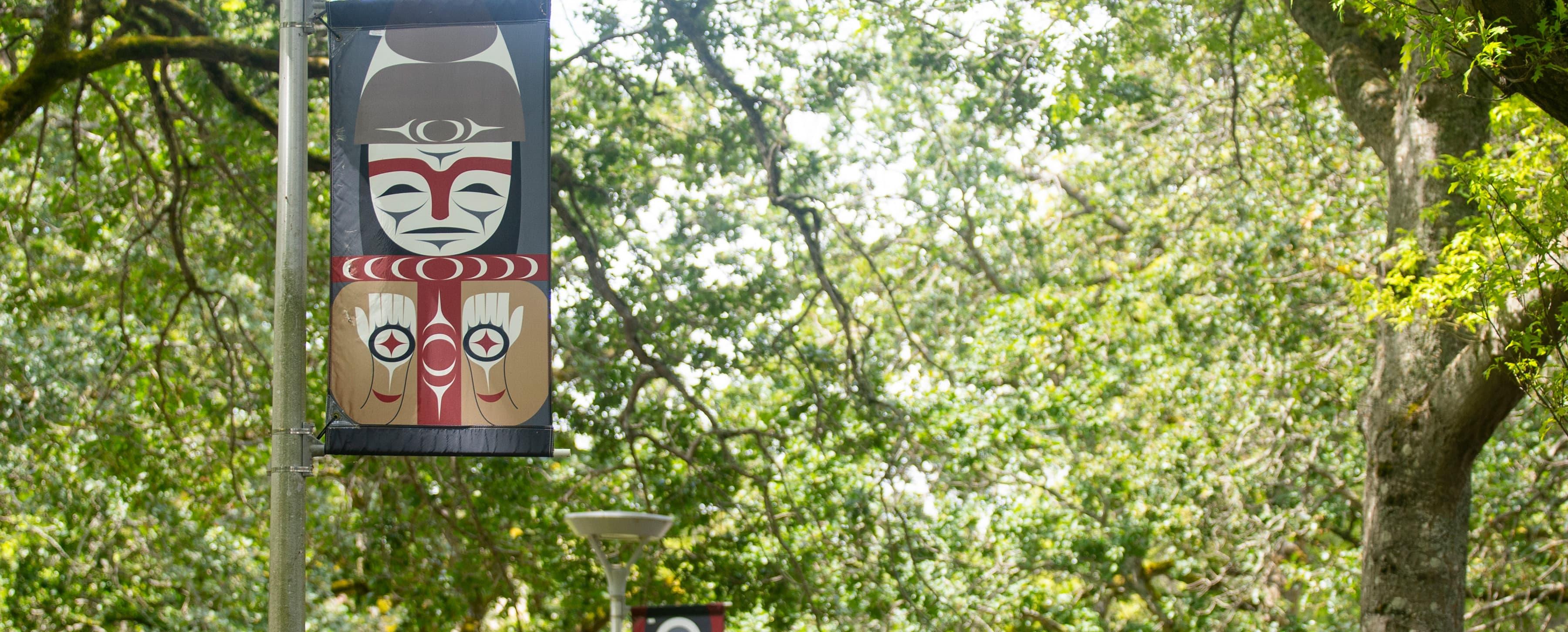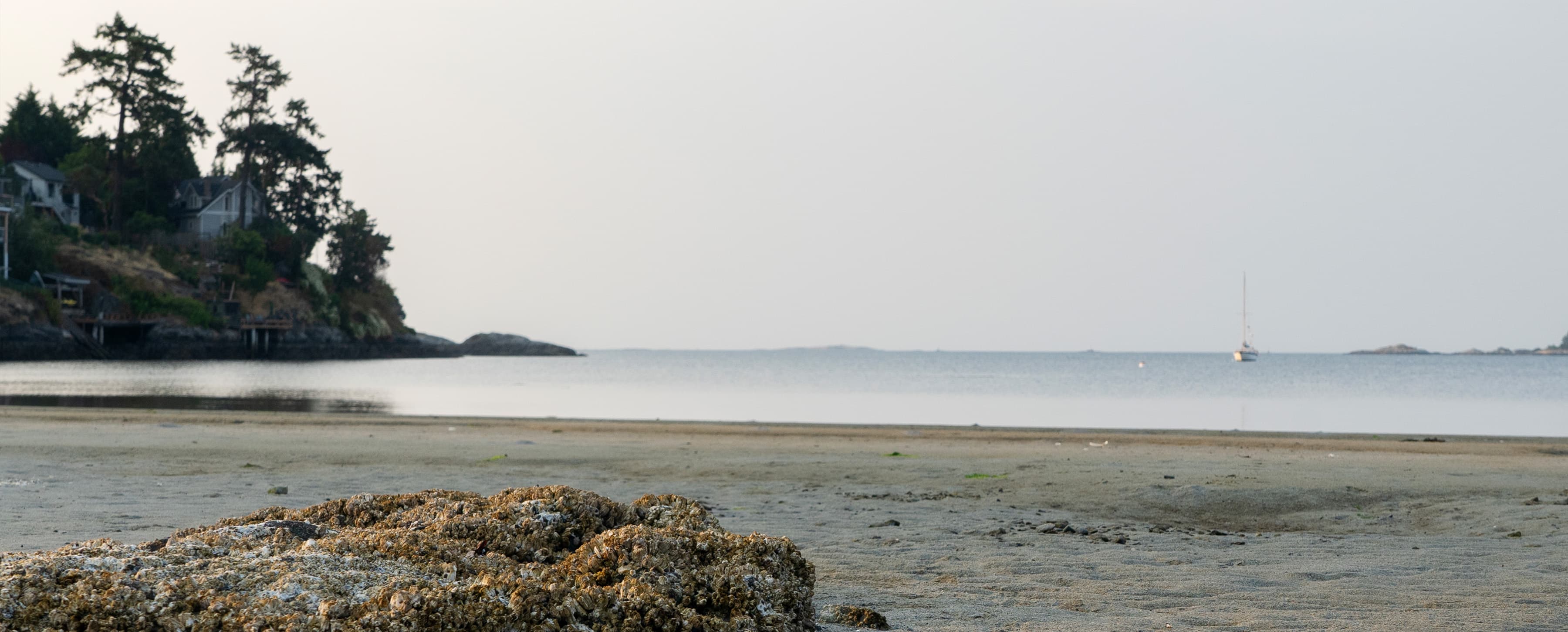Message from IACE Executive Director

The Office of Indigenous Academic and Community Engagement (IACE) works to support the success of Indigenous students at UVic by providing cultural and academic programming, including Elders in Residence, wellness circles, tutoring, academic advising and counselling, as well as experiential learning opportunities, financial aid, leadership and community development opportunities.
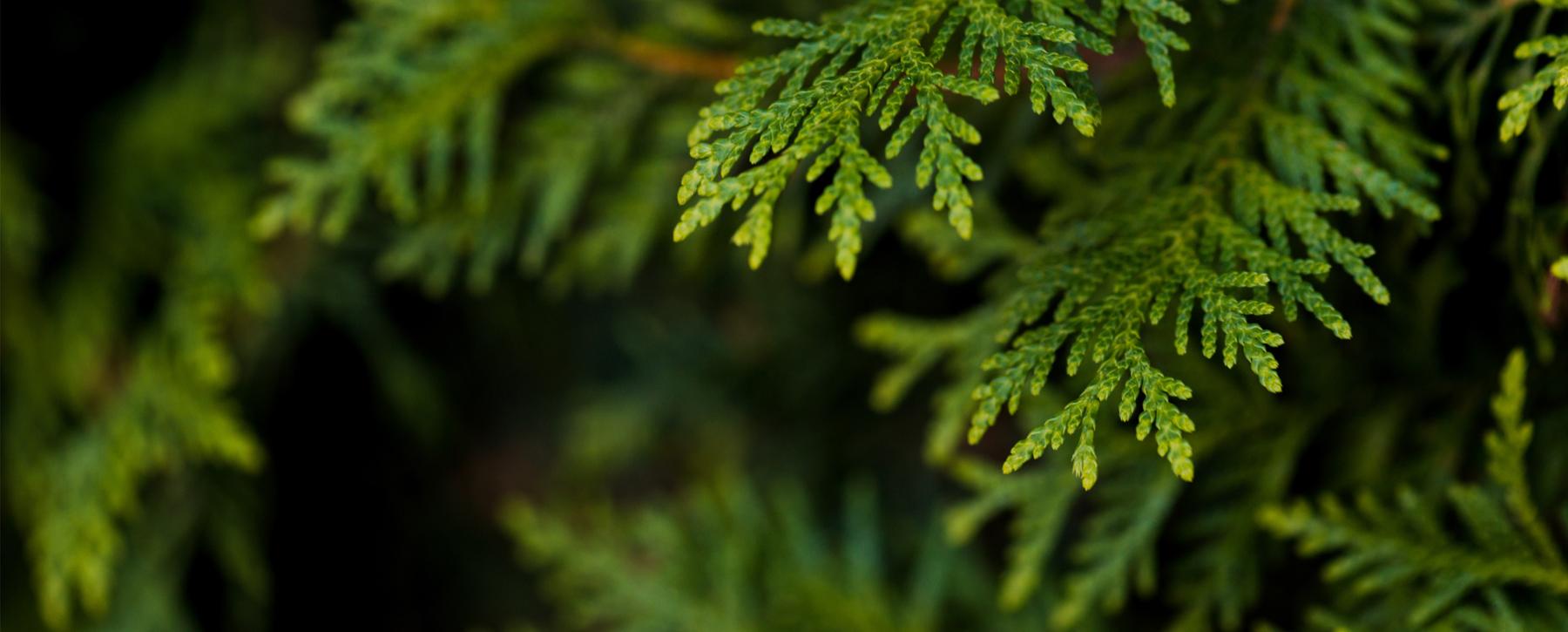
Territory acknowledgement
We acknowledge and respect the Lək̓ʷəŋən (Songhees and Xʷsepsəm/Esquimalt) Peoples on whose territory the university stands, and the Lək̓ʷəŋən and W̱SÁNEĆ Peoples whose historical relationships with the land continue to this day.


